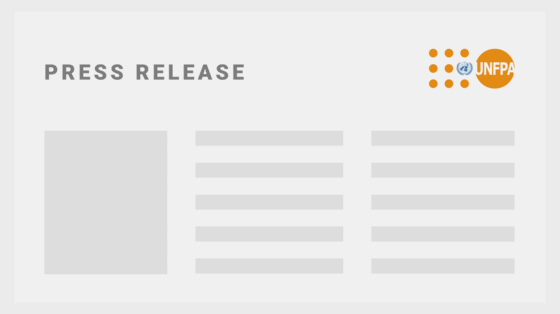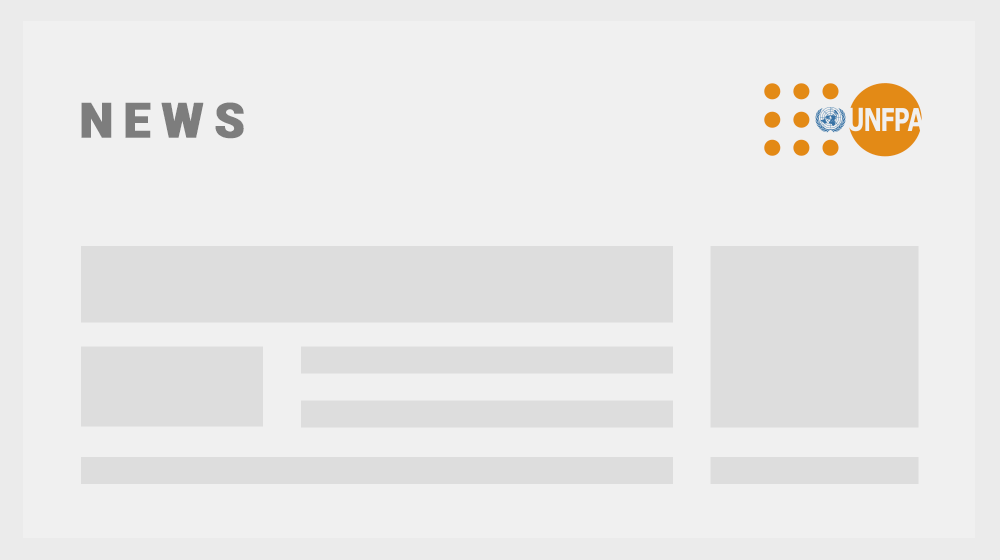
30 years of fighting for female empowerment
A legacy of progress, a future of promise
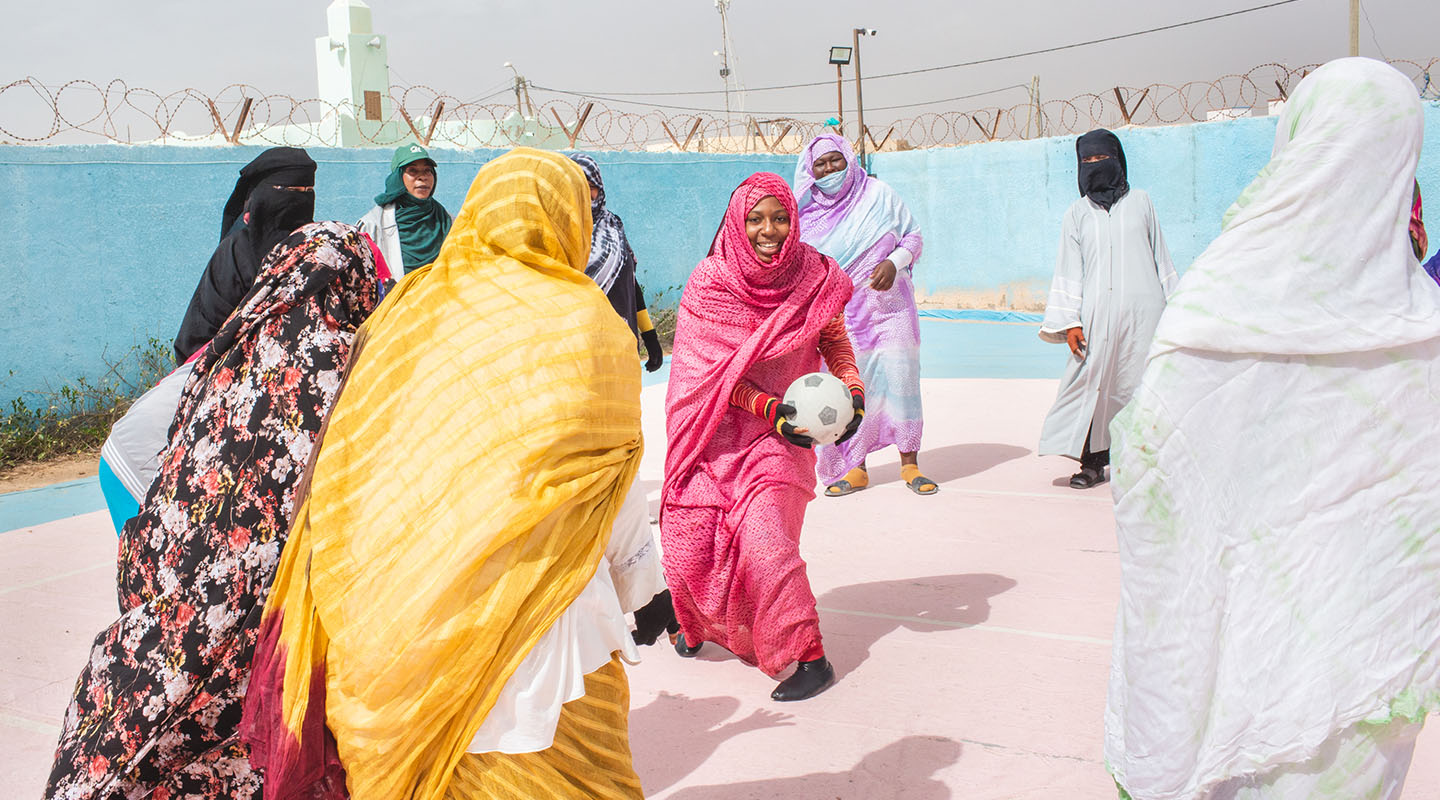
At the landmark International Conference on Population and Development in Cairo in 1994, world leaders affirmed a fundamental truth: Sustainable development is not possible without prioritizing human rights – including sexual and reproductive health and rights – and empowering women and girls.
This laid a path towards progress, inspiring investments in women and girls and spurring changes that unleashed a cascade of benefits for individuals and societies.
But these benefits did not reach everyone. Progress is unequal. Additionally, multifaceted crises, including climate emergencies, war and the polarization around sexual and reproductive health and rights, threaten to roll back advances.
Thirty years on from the landmark conference, as 47 United Nations Member States meet this year to assess progress, we celebrate the gains, highlight the areas where more progress is needed, and commit to closing gaps and ensuring rights and choices for all.
To that end, the images in this essay are on exhibit during the fifty-seventh session of the Commission on Population and Development at the United Nations in New York, from 29 April to 3 May 2024.
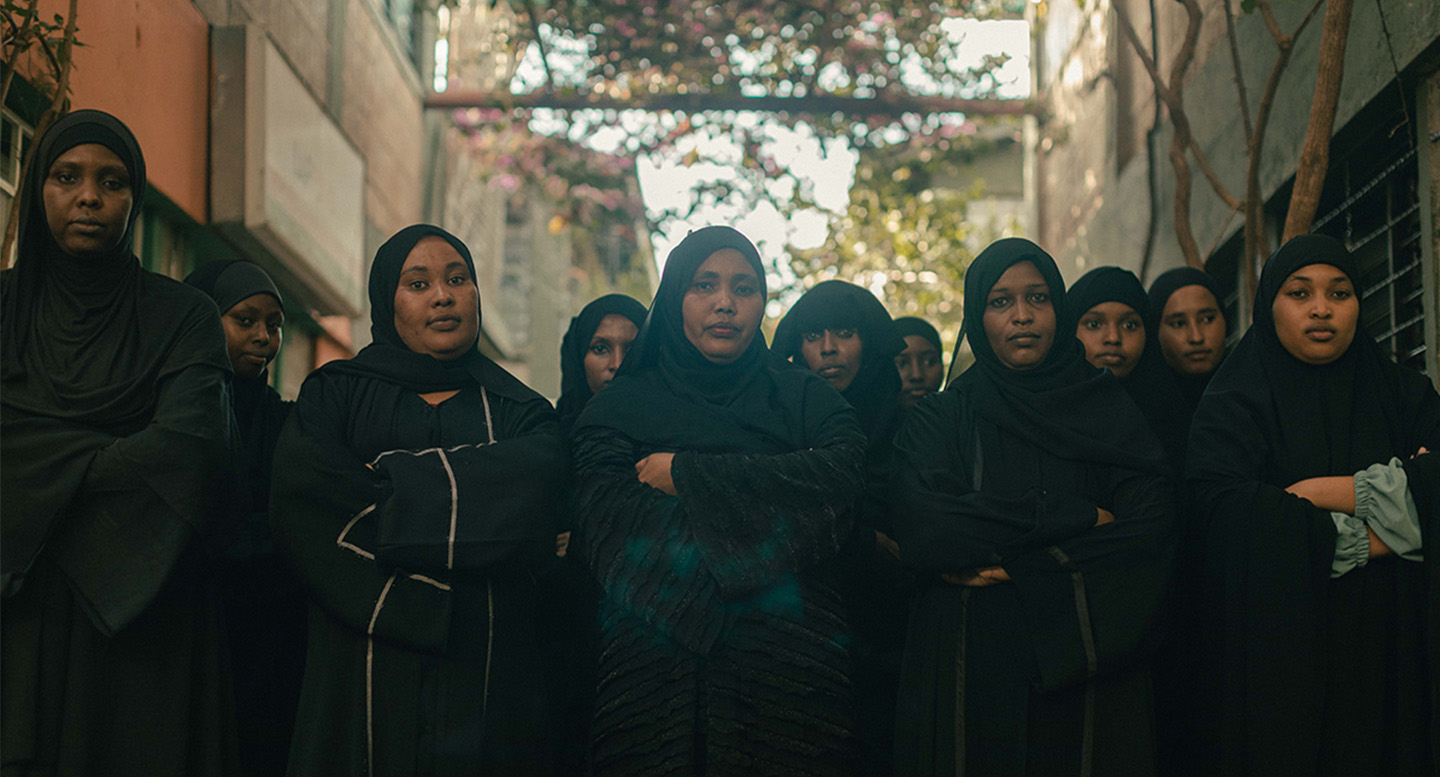
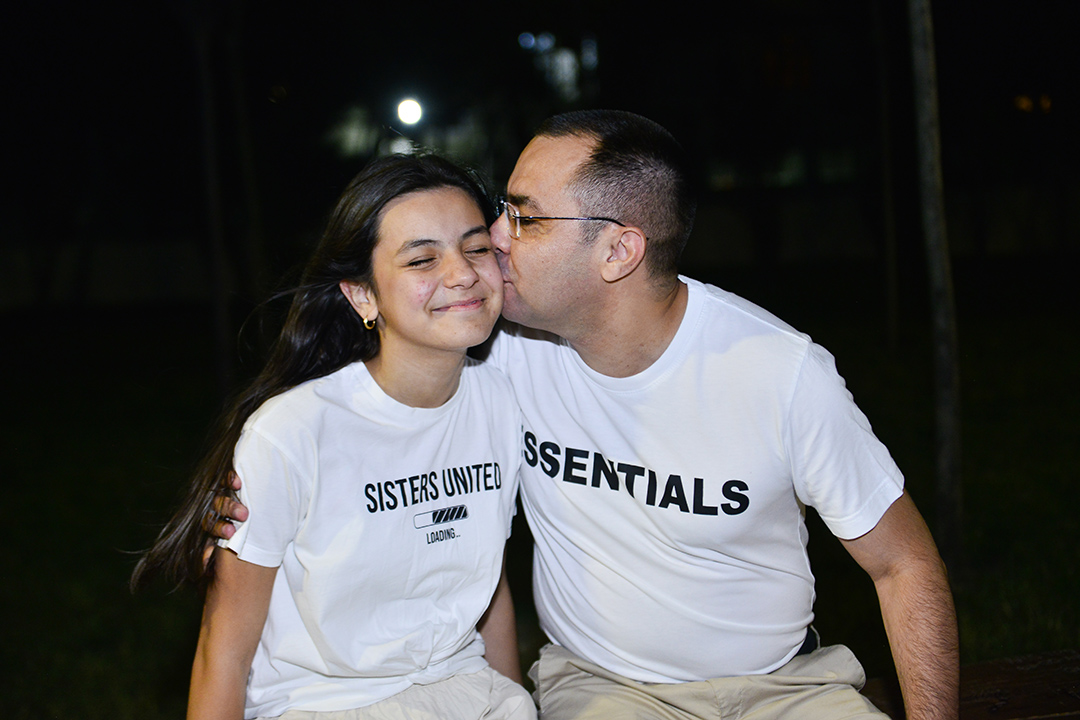
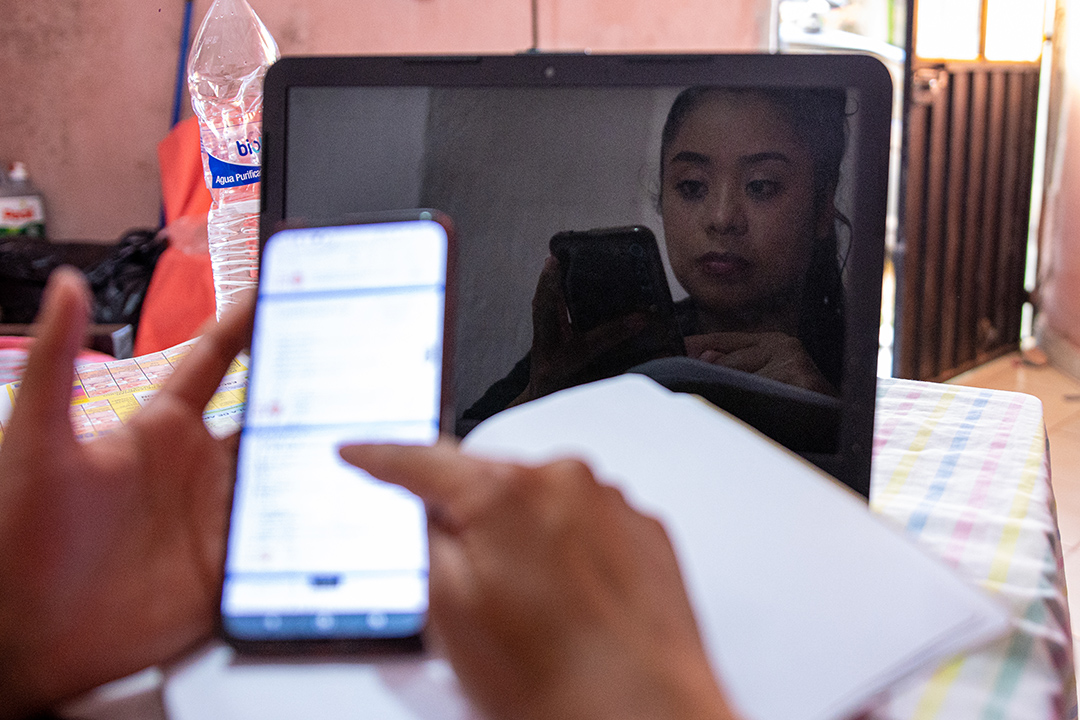
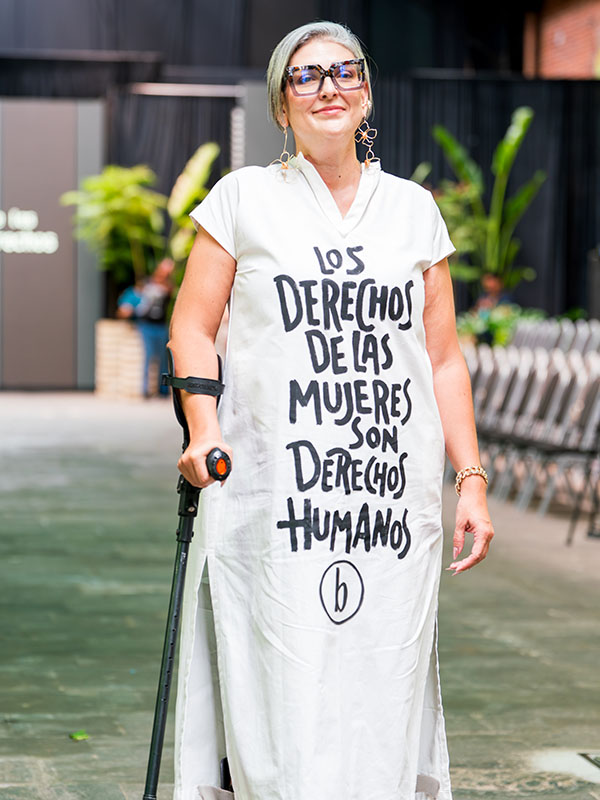
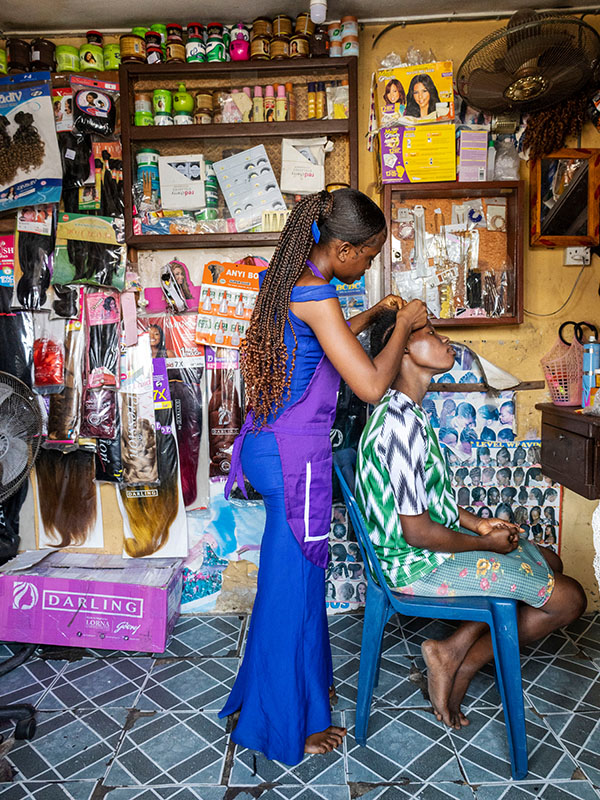
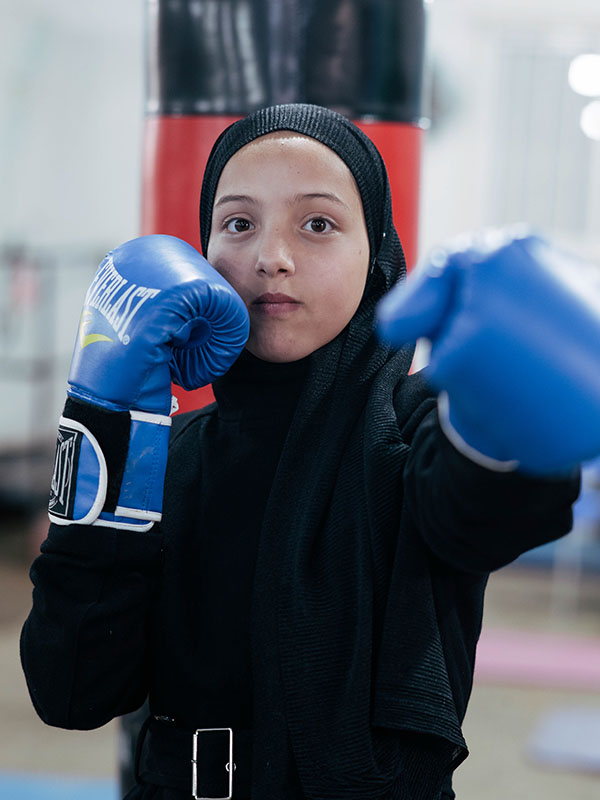
The world has changed over the last 30 years, but our goals have not. The bodyright campaign, as seen at the Costa Rica Fashion Week (above), is UNFPA’s campaign for a “copyright” for the human body to demand protection from digital violence and end online abuse.
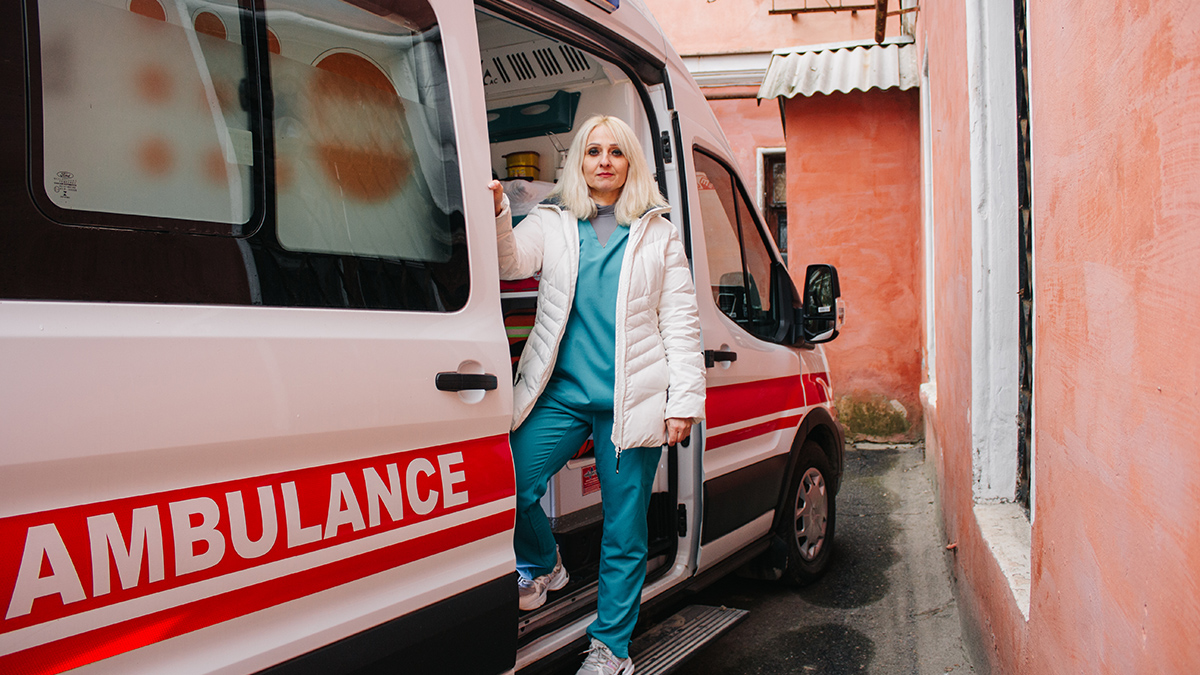
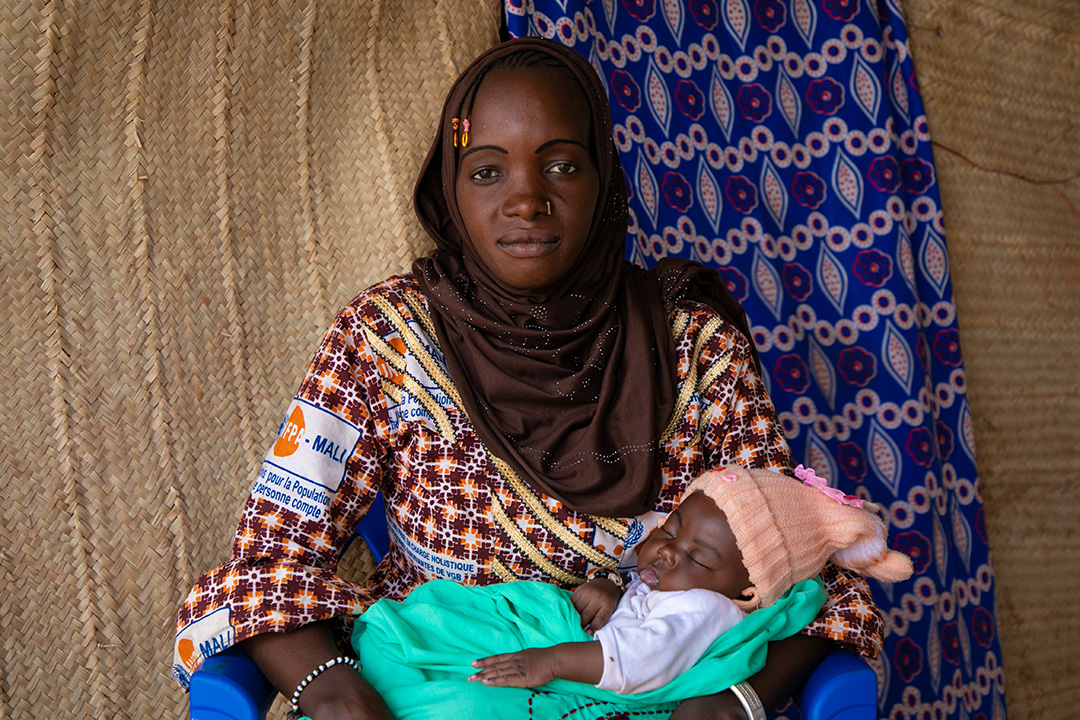
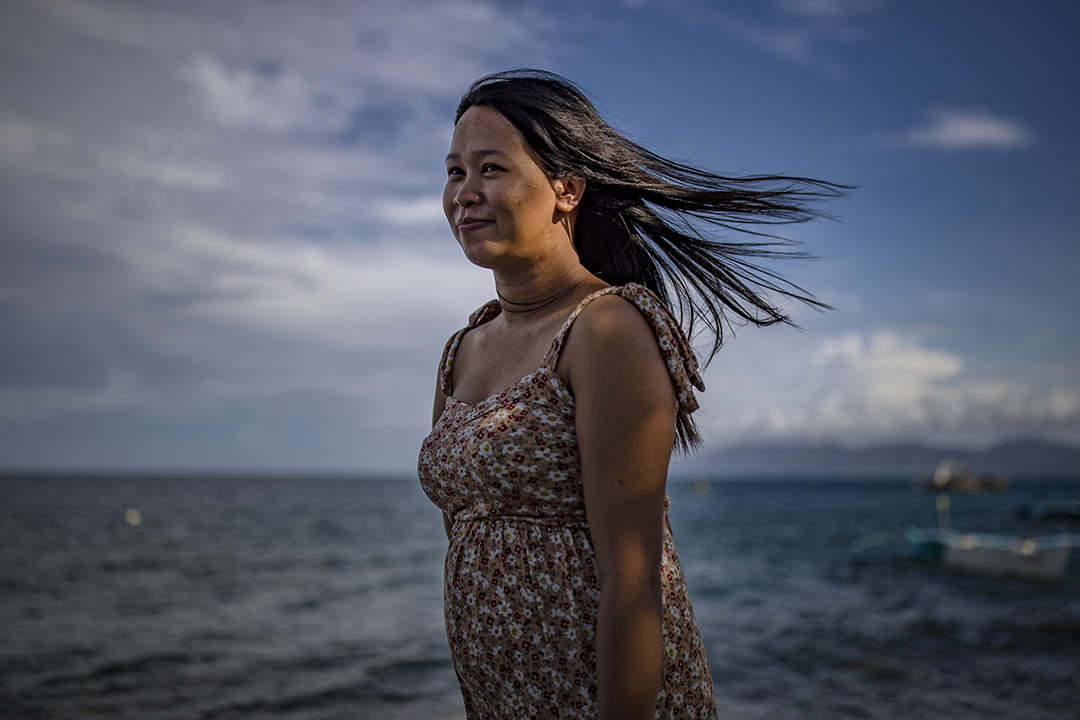
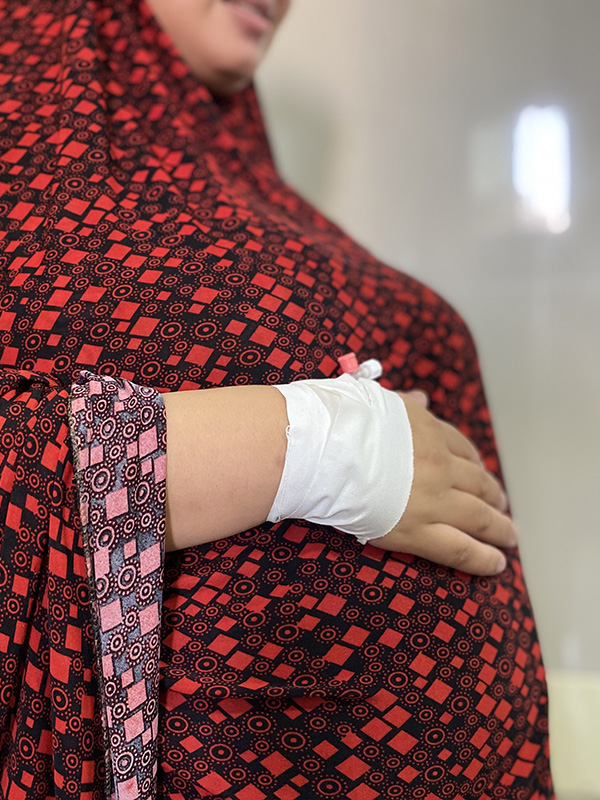
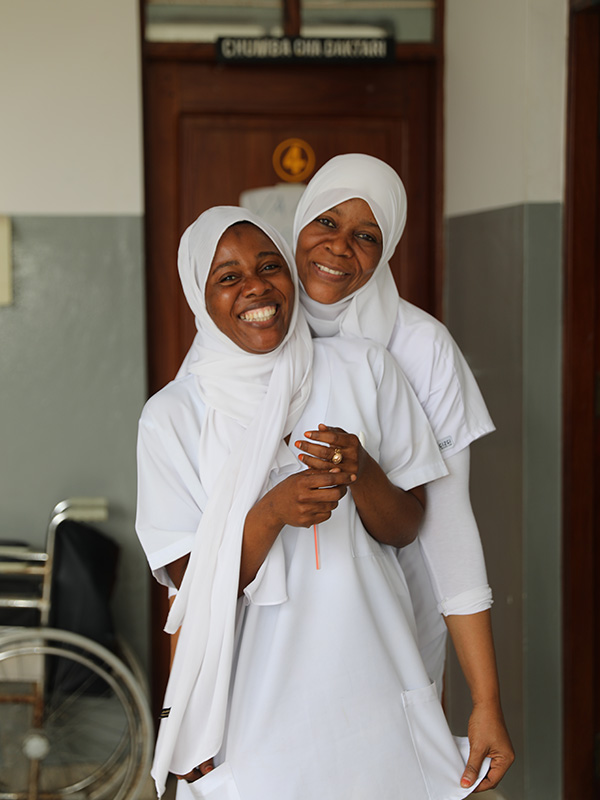
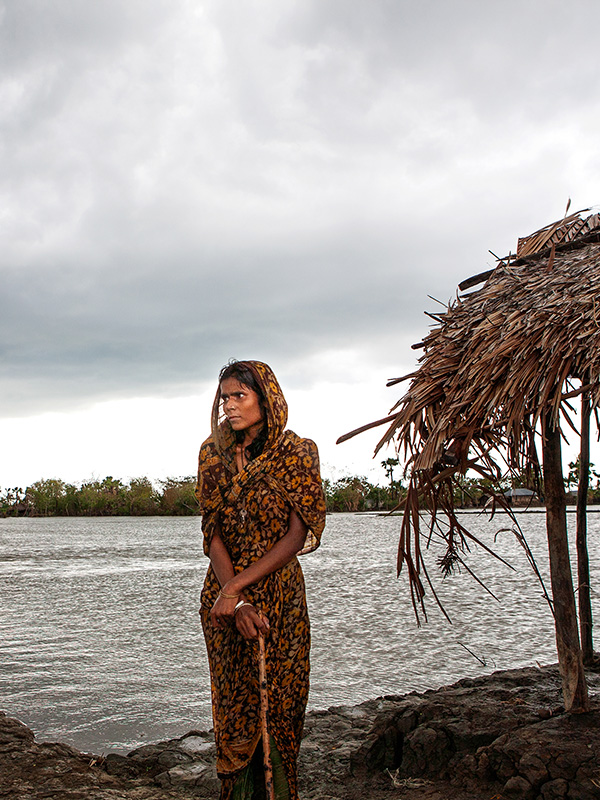
Conflicts and crises around the world are rolling back progress on the rights of women and girls. The needs of women and girls must be central to humanitarian responses – not an afterthought.
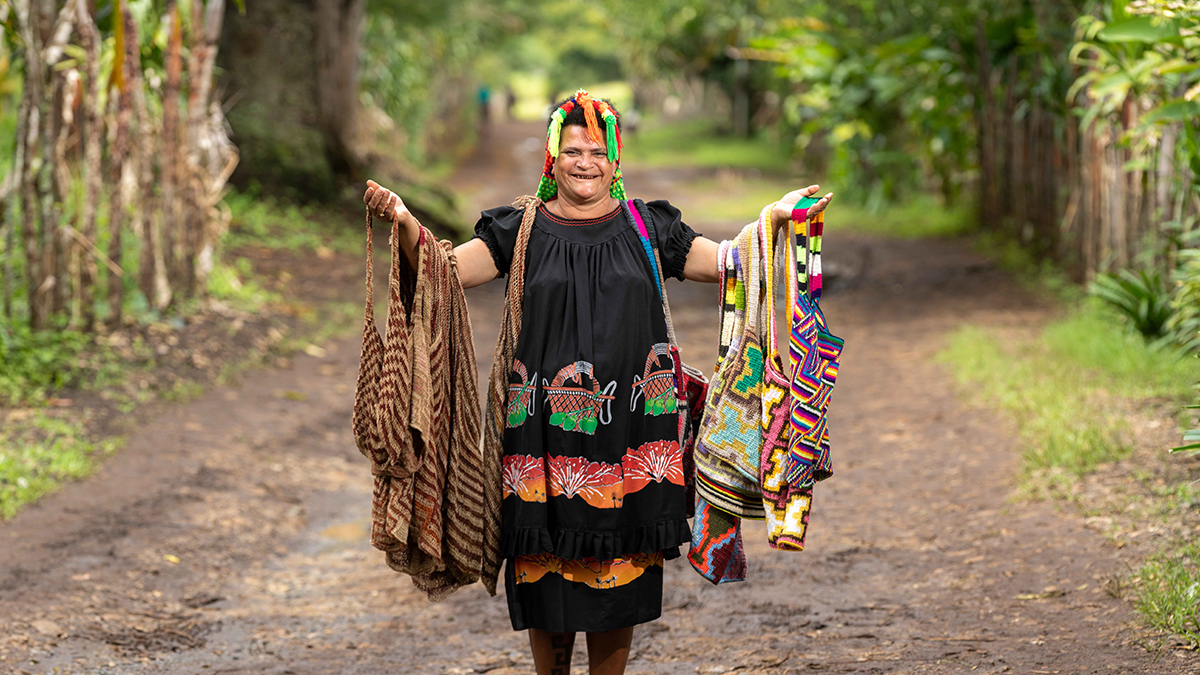
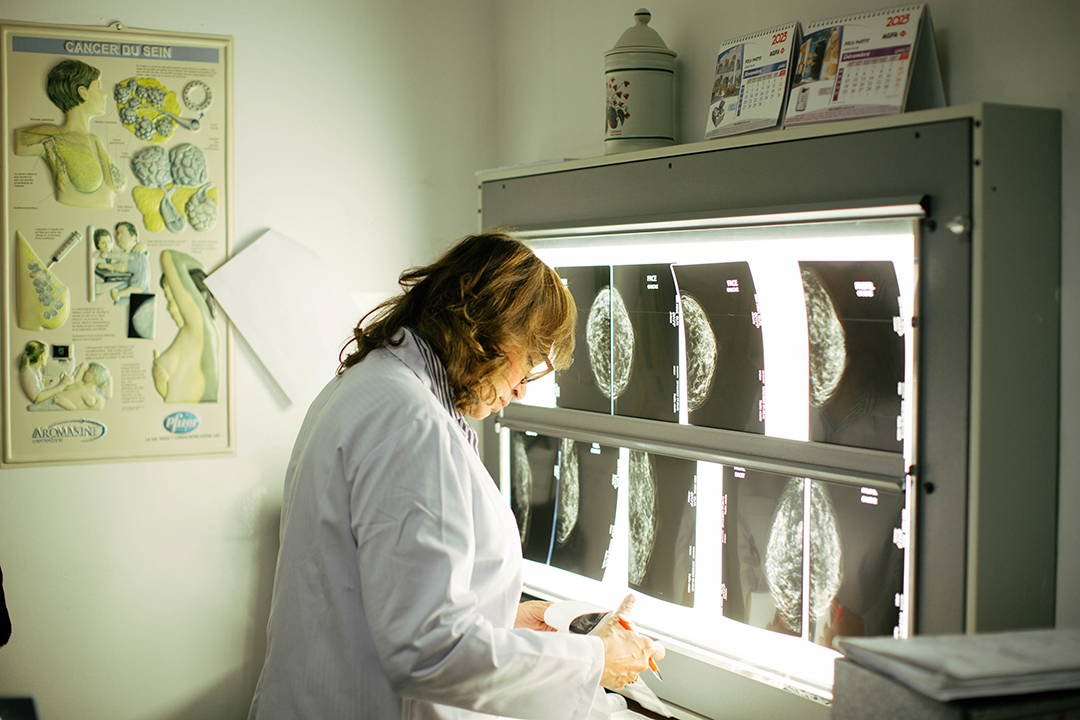
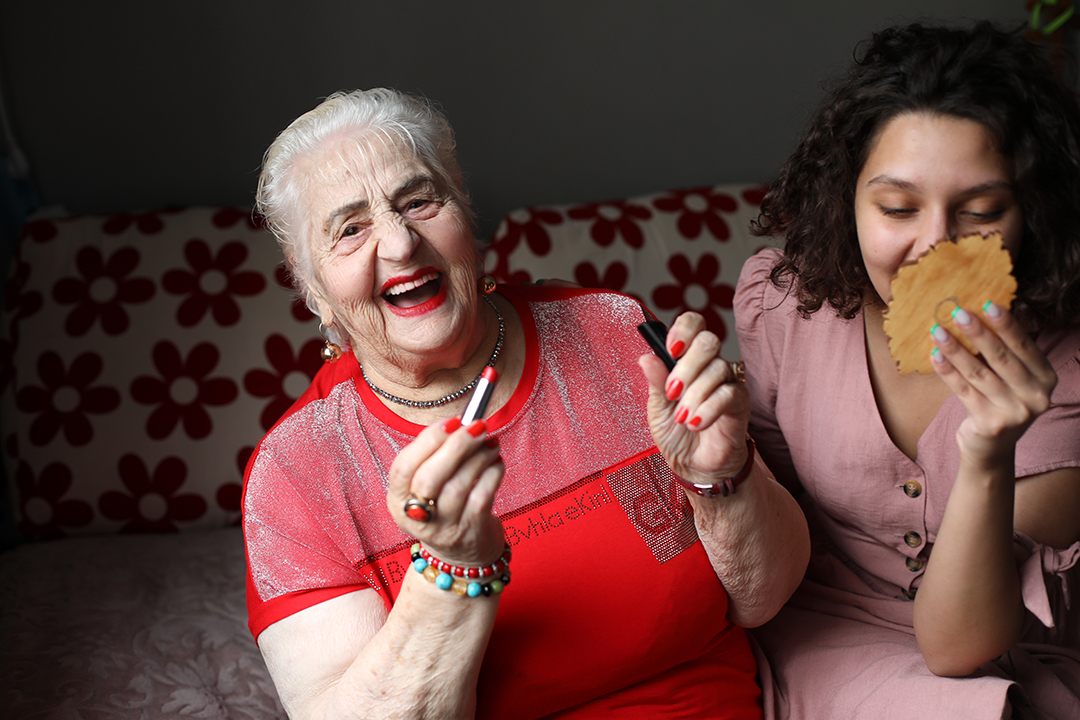
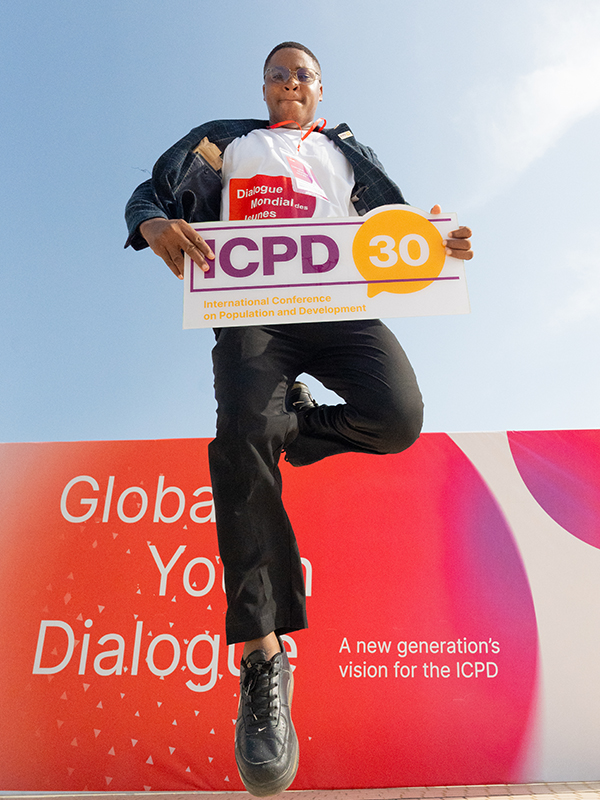
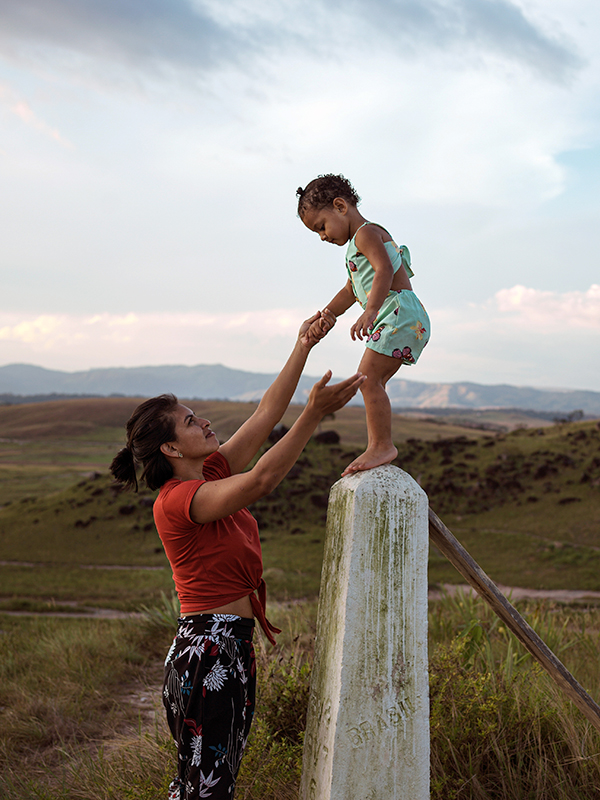

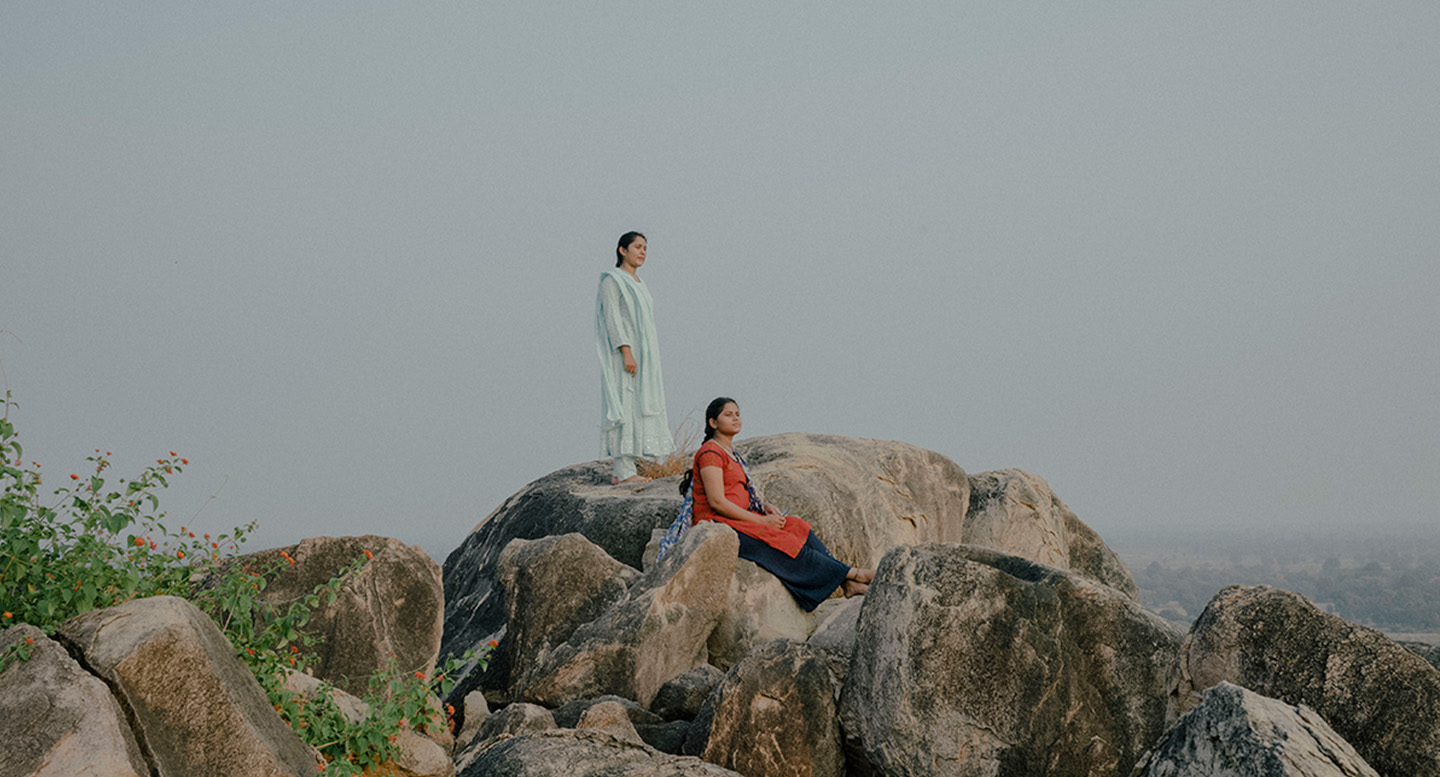
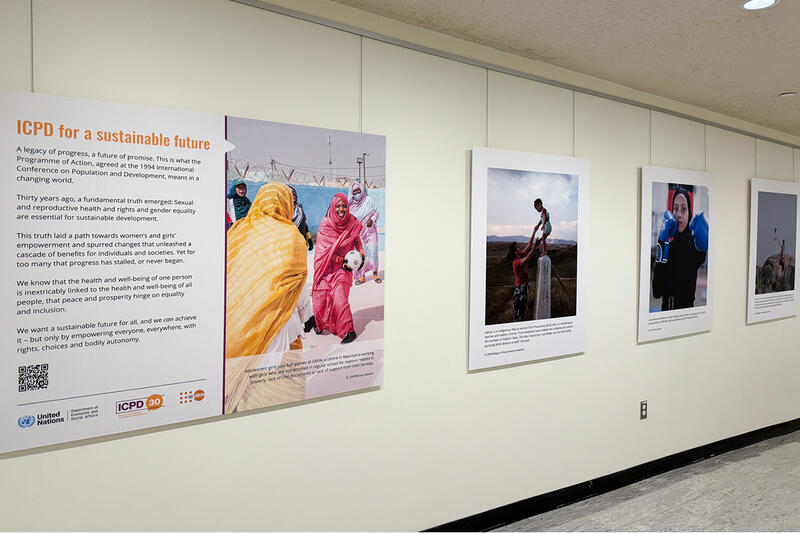
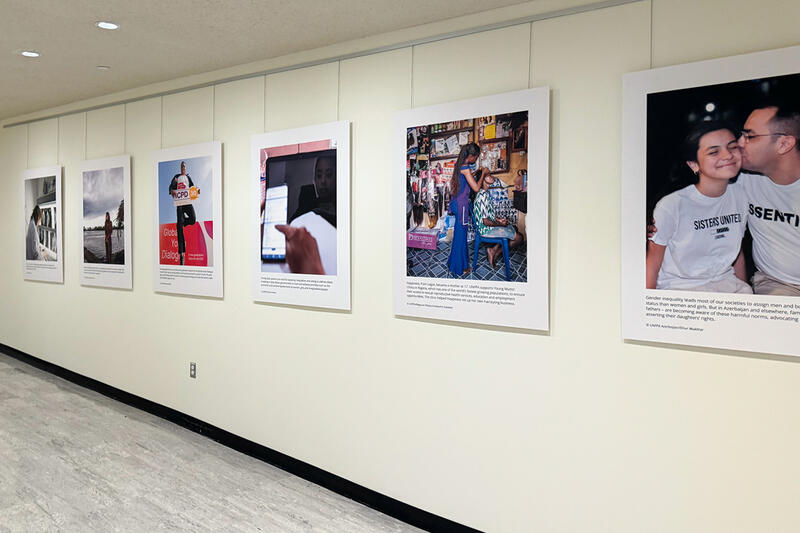
Images on display at the UN during CPD57.
